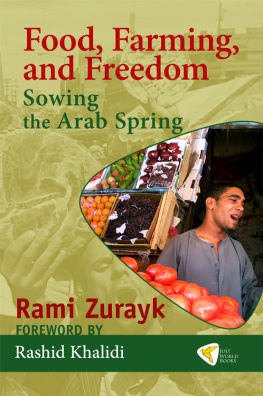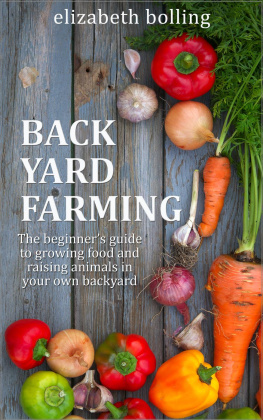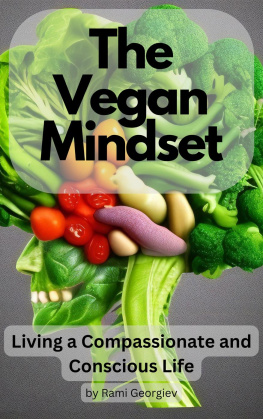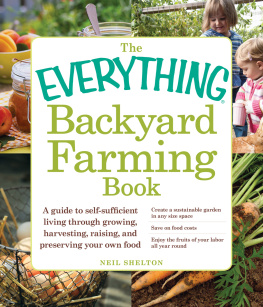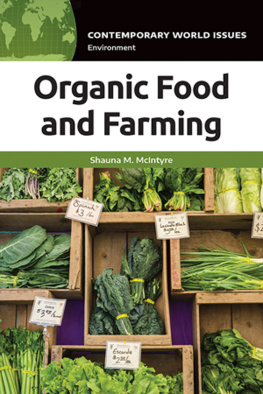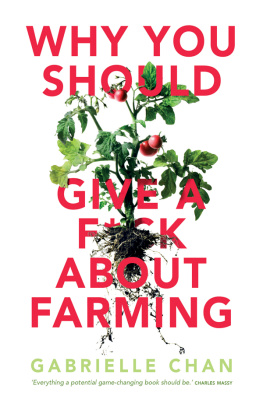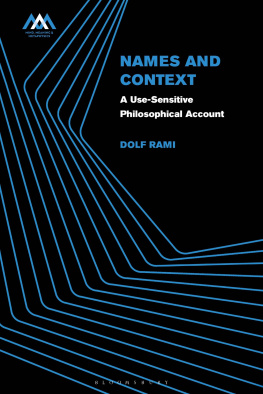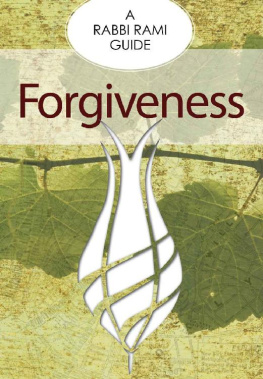Rami Zurayk shares his blogs, op-ed articles, and additional thoughts about food, agriculture, and the rural economy in a thoughtful and personal way as he tries to make sense of the recent events in the Middle East. Not surprisingly, he finds that the academic and development literature is not very helpful when rural families in southern Lebanon find their fields lined with cluster bombs from the Israeli war against Lebanon in the summer of 2006 or when Palestinian olive groves are uprooted in the West Bank by the Israeli Government to build a wall. Nor does that literature prepare one to predict and understand the Arab Spring, as one regime after another is threatened by the demands of its own people for greater participation in the political process as well as a better life.
Zurayk, therefore, draws from a wide range of his own experiences, political ideology, and beliefs in creatively trying to help the rural poor, relating, among others, the successes of the Land and People project that aimed to respond to some of the needs of rural poor in southern Lebanon in 2006. One does not have to agree with every observationnor his explanations of their causes or effectsto find this a provocative and entirely readable treatment, from the perspective of a Lebanese, of these very unusual events and times in his country and region.
DAVID NYGAARD
former director, Rural Development Programs,
Aga Khan Foundation, Geneva


Other books by
Rami Zurayk
Plants and People: Ethnobotanical Knowledge from Lebanon
(with Salma Talhouk, 2010)
Tales from the Badia: Bedouin Folk Tales from Lebanon,
translator and editor
(with Hamra Abu Eid, 2010)
From `Akkar to `Amel: Lebanons Slow Food Trail
(with Sami Abdul Rahman, 2008)
The Cactus Flower: Research for Development in the Dry Arab Region
(with Shady Hamadeh and Mona Haidar, 2006)

Just World Books is an imprint of Just World Publishing, LLC
All text and photographs, 2011 Rami Zurayk. Materials originally published in Arabic by Al-Akhbar (Beirut) have been translated by the author and are republished with the permission of Al-Akhbar. All rights reserved. No part of this book may be reproduced or trasmitted in any form or by any means, electronic or mechanical, including photocopy, recording, or any information storage retrieval system, without permission in writing from the publisher, except brief passages for review purposes. visit our website at www.justworldbooks.com,
Second printing, 2011.
Overall book design by Lewis Rector for Just World Publishing, LLC. Typesetting and design of chapter headings by Jane Sickon for Just World Publishing, LLC.
Publishers Cataloging-in-Publication
(Provided by Quality Books, Inc.)
Zurayk, Rami.
Food, farming, and freedom : sowing the Arab spring /
by Rami Zurayk.
p. cm.
LCCN 2011920665
ISBN-13: 978-1-935982-05-0
ISBN-10: 1-935982-05-2
1. Agriculture and state--Arab countries. 2. Land useArab countries. 3. Arab countriesPolitics and government. I. Title.
HD2114.Z8Z87 2011 330.956
QBI11-600032
To the memory of those who have fallen in the Arab Spring
Contents
Foreword
It is very appropriate that Rami Zurayks Food, Farming, and Freedom: Sowing the Arab Spring should appear at a moment when the entire Arab world is being shaken by an upheaval directed against, among other things, the global neoliberal economic order that is one of this books main targets. For this neoliberal order, notably as it affects issues of Arab agriculture and food production, is at the heart of Zurayks concerns.
Zurayk focuses on a broad range of issues, particularly in his native Lebanon but also in the wider Arab world. Among them are the predicament of the declining Arab agricultural sector, the problem of food insecurity, and the precarious plight of the Arab small farmer. Another target of this book is Israels depredations against Lebanon for more than 40 years, which have devastated in particular the Lebanese South, where Zurayk himself is from. As an agronomist and a south Lebanese native, he is well placed to chronicle the impact of the depopulation, attacks on infrastructure, and other torments that the Israeli military has repeatedly visited on southern Lebanontorments that he appropriately links to those inflicted on the Palestinians for more than 60 years. Still, as Zurayk points out, in spite of his scathing critique of what Israeli aggression has done to Lebanon, the countrys own political system has been the main agent of destruction of rural society and landscape, through its blind adoption of the most extreme version of the market fundamentalist creed.
This is typical of this books unrelenting critique of the profound flaws of the sectarian Lebanese political system, both of whose main competing factions, he notes repeatedly, are dominated by the interests of the rich, in spite of their many apparent differences. Zurayks concentration on these internal factors is in keeping with the primarily inward-directed emphasis of the revolts, uprisings, and revolutions that have constituted the Arab Spring of 2011 which has so far toppled two Arab autocrats and threatened the absolute power of many others. As befits the postcolonial age in which the Arab peoples find themselves, the revolutionaries who have animated this Arab Spring have concentrated mainly on the problems of their own societies. As the whole world has been aware, their aspirations include achieving democratic governance, the adoption of constitutional systems, the establishment of the rule of law, and social justice for peoples who for so long have been denied all these things by their rulers.
Less noticed, by most of the Western media at least, has been the constant stress of these revolutionaries on the socioeconomic conditions fostered by the neoliberal world order and its ever-pliant acolytes in the Arab elites: the weakening of the role of the state in the economy and the consequent decline of education and decay of national infrastructure; the degradation of the social safety net and the gradual elimination of subsidies; the pressure for increased productivity combined with declining wages and skyrocketing profits; the banning or harassment of workers unions by the state; privatizations of elements of the public sector in ways that egregiously favor the cronies of those in power; and pervasive nepotism, corruption, and favoritism. Several of the regimes that followed those policies and have been the targets of the wave of Arab revolutionsmost notably, those in Tunisia and Egyptwere previously considered poster children of reform or structural adjustment by the high priests of the free market at the International Monetary Fund, the World Bank, and USAID.
Zurayks main concern is the specific ways in which governmental policies tailored to the dictates of this neoliberal order have helped to degrade agriculture, rural livelihoods, and the environment, both in Lebanon and in other Arab countries. The blog posts collated in this volume cover a wide range of topics, but most of them circle back to emphasize how governmental policies tailored to free trade, that encourage agricultural exports by big producers at the expense of small ones and the unrestricted import of lavishly subsidized American and European agricultural products, have helped to impoverish Lebanese and other Arab farmers. Zurayk makes the important point that what is at stake is not just some romantic vision of the small farmer, but rather protection of the environment, of the aesthetic nature of the countryside, of a healthy and delicious local cuisine, and of an entire way of life. Anyone who recalls the unspoiled green hills and mountains to the northeast, east, and southeast of Beirut as recently as 20 years ago, compared with the hideously scarred, built-up panorama of today, will understand why Zurayk is so scathing about the Lebanese model of






